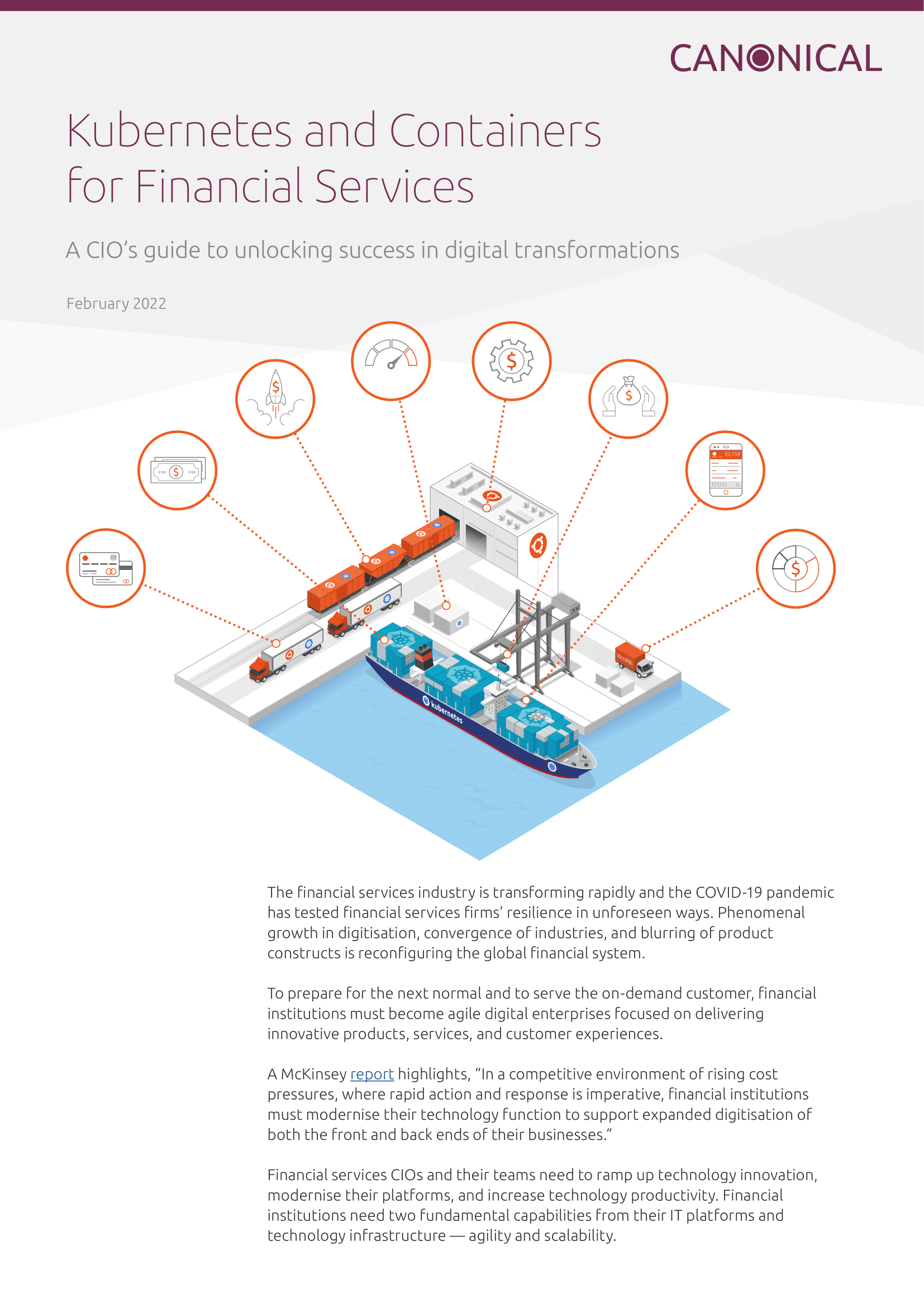Secure Open Source for Financial Services
Building a foundation for effective and secure open-source software adoption in financial services
The ability to easily incorporate commercial-grade open source software building blocks in their technology landscape allows financial firms to build a strong digital foundation. However, in a highly regulated industry, it’s key to ensure that the open-source stack has the right security requirements in place.











